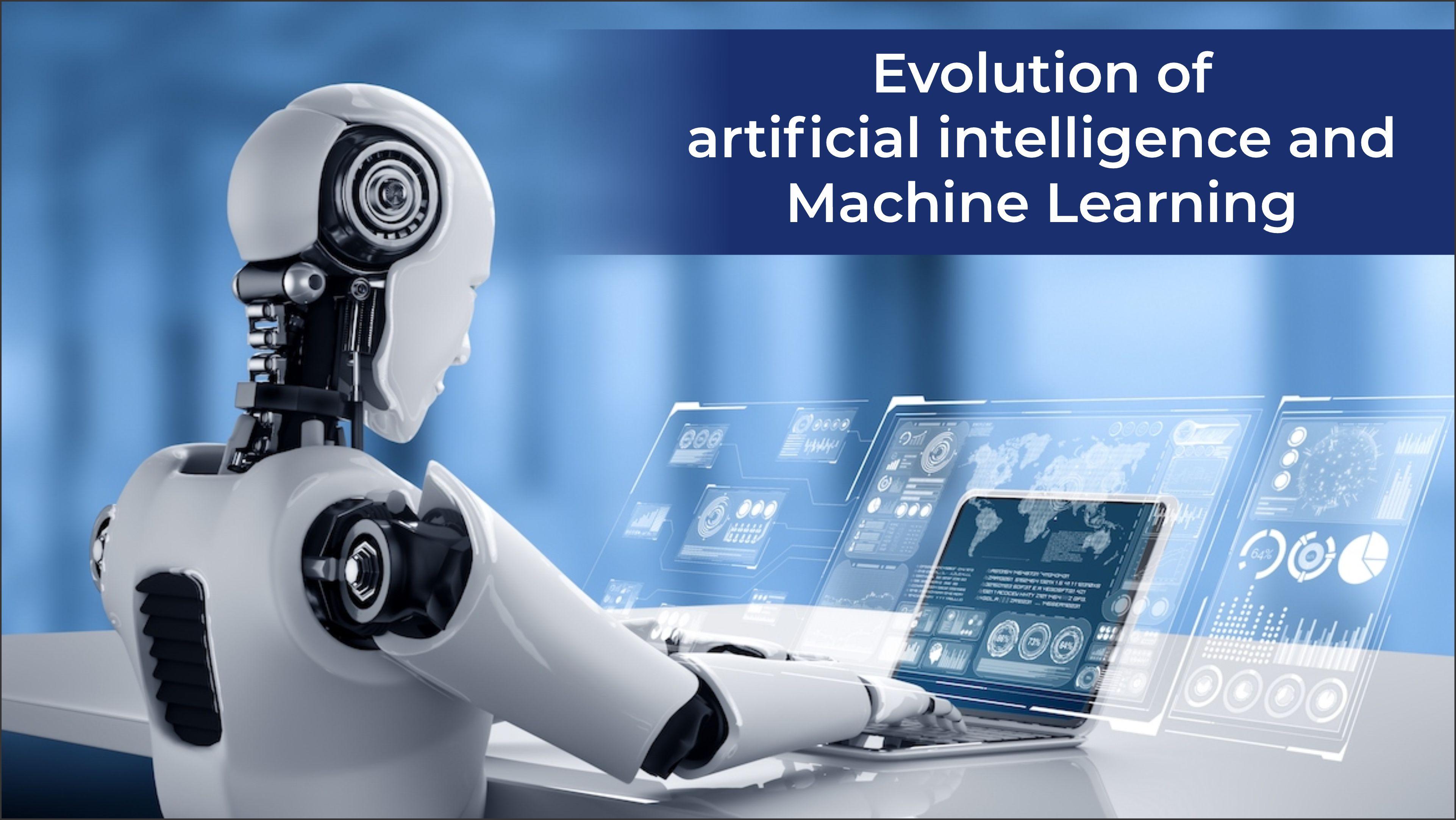News
Read the Montek Today
Explore the news article about technology,
Digital Marketing and global staffing.
Evolution of artificial intelligence and Machine Learning

The landscape of artificial intelligence (AI) and machine learning (ML) continues to evolve at a rapid pace, with significant developments and breakthroughs making headlines today.
1. Department of Homeland Security Unveils AI Roadmap
The U.S. Department of Homeland Security (DHS) has launched its first "Artificial Intelligence Roadmap," aiming to leverage AI technologies to enhance national security while ensuring the protection of civil liberties and privacy. Key initiatives include three pilot projects designed to test AI's efficacy in immigration officer training, community resilience planning, and improving law enforcement investigations. These efforts underscore DHS's commitment to responsibly integrating AI into its operations to provide more efficient services and strengthen national security (Department of Homeland Security).
2. Google's Generative AI for Healthcare
Google has made significant strides with its generative AI technology in the healthcare sector. At the recent Google I/O conference, the company showcased new AI-powered tools aimed at revolutionizing medical diagnostics and patient care. These tools include AI models capable of predicting patient outcomes and assisting in clinical decision-making, promising to reduce the burden on healthcare professionals and improve patient outcomes. This development aligns with the broader trend of AI integration in healthcare, which seeks to enhance efficiency and accuracy in medical practices (Healthcare IT News) (AIM).
3. NVIDIA's Quantum Computing Advances
NVIDIA has announced groundbreaking progress in quantum computing with the launch of its CUDA-Q platform. This innovation is set to transform the AI landscape by providing unprecedented computational power, enabling more complex simulations and models in various fields, including pharmaceuticals, materials science, and cryptography. NVIDIA's advancements highlight the potential for quantum computing to solve problems that are currently beyond the reach of classical computers (AIM).
4. AI in Autonomous Vehicles
The autonomous vehicle industry continues to see significant investments and technological advancements. Companies like Tesla and Waymo are pushing the boundaries with their AI-driven autonomous driving systems. Recent updates include improvements in vehicle navigation, obstacle detection, and real-time decision-making capabilities, bringing fully autonomous vehicles closer to becoming a reality on public roads. These advancements are expected to enhance safety, reduce traffic congestion, and provide more efficient transportation solutions (AIM).
5. AI and ML Adoption Trends
Despite the hype surrounding generative AI, a report from McKinsey highlights that AI adoption rates have plateaued, with around 50-60% of businesses incorporating AI into their operations. The report suggests that the initial excitement has given way to a more cautious approach, with companies now seeking tangible returns on investment from AI initiatives. Future trends are likely to focus on more specialized AI applications and ensuring robust, reliable AI systems (Datacenter Dynamics).
6. Ethical and Legal Considerations in AI
As AI technologies continue to advance, ethical and legal challenges remain at the forefront. Issues such as data privacy, algorithmic bias, and transparency are critical concerns that need to be addressed to foster public trust and ensure responsible AI use. Regulatory bodies worldwide are increasingly focusing on creating frameworks to govern AI development and deployment, ensuring that these technologies are used ethically and beneficially (Datacenter Dynamics).
Conclusion
The AI and ML landscape is dynamic, with significant advancements shaping various industries and raising important ethical considerations. Today's news highlights the transformative potential of these technologies while underscoring the need for responsible and thoughtful implementation. As AI continues to mature, its impact on society will undoubtedly be profound, necessitating ongoing dialogue and regulation to harness its benefits fully.


Date : 2024-04-30 | By : Montek | Category: AI-ML